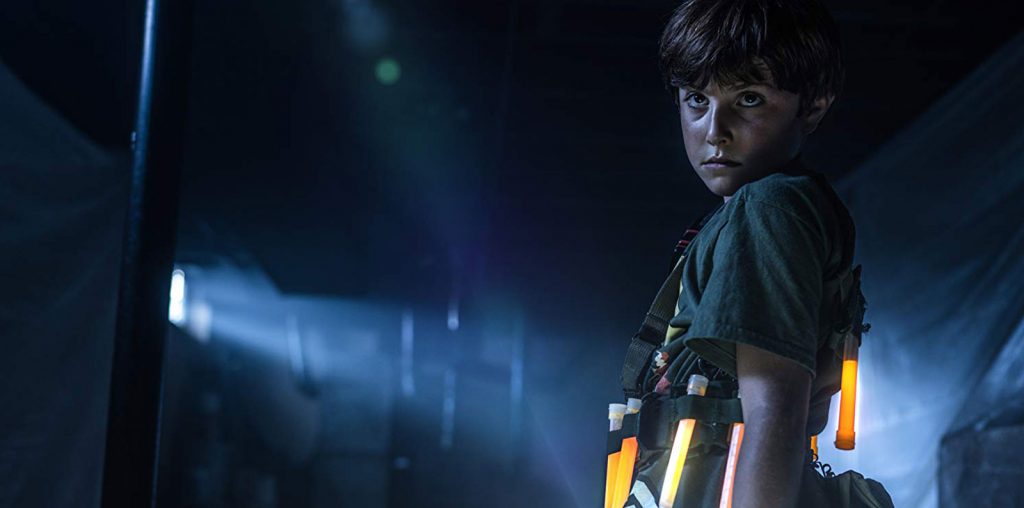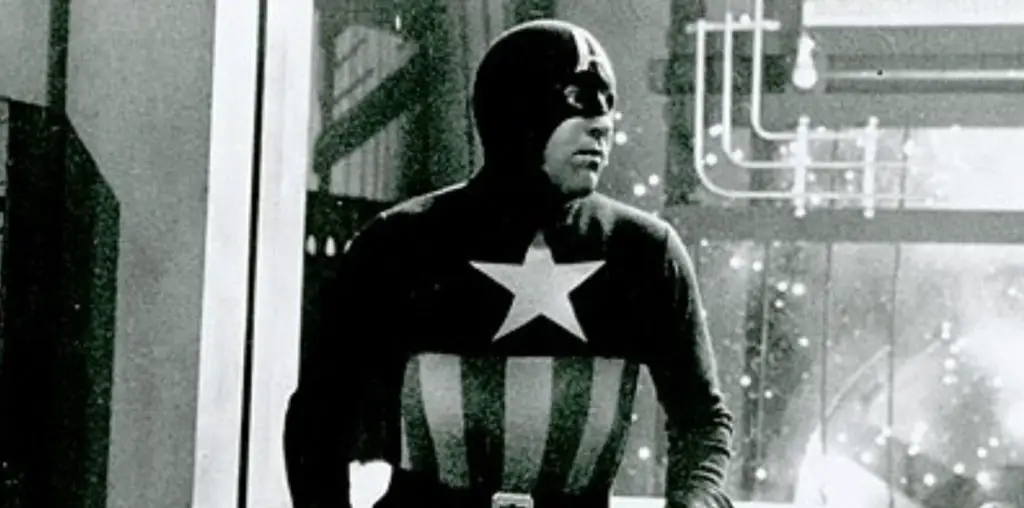
Outside of Remy Girard’s Seattle hotel room, the cement sidewalks are awash in rain and the skies over Elliott Bay are dark with clouds. As the Quebec-based actor takes shelter from the high drizzle factor, he discusses Barbarian Invasions, his fifth film with French director Denys Arcand. During the previous night’s Northwest premiere of his movie at Capitol Hill’s Harvard Exit Theater, rumors circulated that the Frenchman’s scheduled appearance had been stymied by an airport-closing snowstorm in Chicago. Apparently, the Pacific Northwest doesn’t have a lock on lousy weather.
“It wasn’t a snowstorm,” clarifies Girard of his no-show. “It was engine troubles with a plane that was supposed to fly me here. Better that we learned of this before take-off, thank goodness.”
Having appeared in thirty films over the past three decades, Girard is a charming conversationalist who shares the same extroverted gift for gab that marks his Barbarian Invasions character, a free-spirited college professor also named Remy. First introduced in 1986’s “Decline of the American Empire,” the complicated man’s impulsive, hedonism-fueled enthusiasm is countered by his pessimistic view of humanity’s past. “The history of mankind,” he laments, with metal-framed glasses stretched across his pear-shaped face, “is a history of horrors.” Throughout the film, there is plenty of conversation to back up his cynicism. The World Trade Center Attack of 9/11, for instance, is viewed on a television screen.
“This one is not really a sequel,” explains Girard, contrasting Barbarian Invasions with its predecessor. “I’d rather call it ‘Part Two’ or ‘Years Later’ because it’s not really the same story as the first movie. It’s set fifteen years after the first, which was a huge hit in Canada and all over the world. It concerned history professors gathering together for a weekend. Denys (winner of Best Screenplay of 2003 at Cannes Film Festival) was a historian before becoming a director, and his scripts are tinted by this color. He’s very concerned about history and what it means to us. How it makes a mark on us.
“In the first movie, you see these friends having dinner and spending a weekend talking about sex, life, and everything being perfect. It was a movie about baby boomers who had everything. In contrast to the easy life of the first movie, Barbarian Invasion’ asks what we leave behind when we die. In the first movie, my character was a huge lover of life, with a flamboyant lifestyle. He loved women – even the sister of his own wife! Barbarian Invasions shows him dying, facing life, and asking, ‘What have I made of myself?’”
Barbarian Invasions follows the teacher as he confronts news of a terminal illness. His long-suffering ex-wife, betrayed by a long list of infidelities, attempts to prompt reconciliation between Remy and his son, a millionaire investment broker named Sebastien (Stephane Rousseau). Before its final reel finishes unspooling, Arcand’s lively talkfest has explored everything from heroin use to sex to Quebec’s imperfect medical system. But most of all, it studies the dynamics between a father and son with precious little in common, even as one must confront death.
“My son is only six years old,” the actor reveals of his own offscreen brushes with fatherhood. “I guess I’m what you’d call a ‘late father.’ I have never had the kind of relationship with my son that is in the film. Stephane (who plays Sebastien in the film), however, lost his father a month after shooting the film. He said he had a relationship with his dad similar to that which is in the movie.”
The Barbarian Invasions that define the film’s title are not Conan-eque desert duels via horseback, but the foreign changes and trends that inevitably shape society. One can detect Remy’s suspicious disapproval – or perhaps envy – of his son’s high-finance livelihood, a career and ideology very different from his own. Fancying himself a “sensual socialist,” Remy dubs Sebastien a “puritanical capitalist.”
“When his son comes to visit,” describes Girard of the tense onscreen relationship between Remy and Stephane, “it is a barbarian invasion of sorts. Something strange and different, that he doesn’t understand. I am a part of the ‘sensual socialist’ generation myself, but not as far as Remy takes it in the film. It’s amazing to see that our generation, at least in Quebec, is not the ‘rich’ generation. We have some power, but not the money. The younger generation is wealthier in our country. I had never reflected on this until I read the movie’s script. I then understood why the father would not understand his son, who had never read a book, or had any intellectual interests in his way of life.”
The film’s depiction of heroin use, a mirage of dancing lighter flames, brown powders, and tin foil, is vivid and frequent. And when Remy accepts his first hit from Nathalie (Marie-Josse Croze), the attractive, young junkie daughter of a past mistress, her assurance that “the first high is always the best” is tinged with both the promise of relief from pain and the rebel thrill of forbidden fruit. Croze (Best Actress winner at 2003’s Cannes Film Festival) is frighteningly convincing in her role of a jaded addict, wearing world-weary eyes that suddenly sparkle like those of a child tearing into Christmas presents when she introduces Remy to the pleasures of smack.
“I didn’t actually try heroin for the role,” clarifies Girard, “but we did have a junkie on the set. She was a philosophy teacher. Everything in her life was all right, except that she was an addict. She coached us in what it was like to take the first shot, ‘riding the dragon,’ and getting this first feeling that you have. She talked about how you never get the first feeling again. We wanted to be very clever about this, and get it right. I’ve heard things about this type of treatment being used for terminal cancer in America.”
Remy’s pessimistic perspective on human history peppers much of the dialogue heard in “Barbarian Invasions”. Yet, aren’t new influences that seem foreign and unfamiliar also agents of positive change? Are barbarians always negative influences, to be feared and denounced?
“It’s important that we take barbarian to mean stranger. Denys is a historian, and he uses the word in its first sense, which means something from abroad. Something foreign. Perhaps change, something happening that will change your life forever. Like disease. Death. Bureaucracy. Drugs. Criminality. Even immigration. Positive or negative, all these barbarian invasions are there, and we must live with this.
“But the worst is when your kids do something that you do not agree with, because then it’s a problem that impacts your immediate family. In Barbarian Invasions, the problem is not that Remy’s son is rich. The problem is that his father did not want him to be like this. It’s up to Remy to understand his son. He must live with their differences, and love him anyway.”

